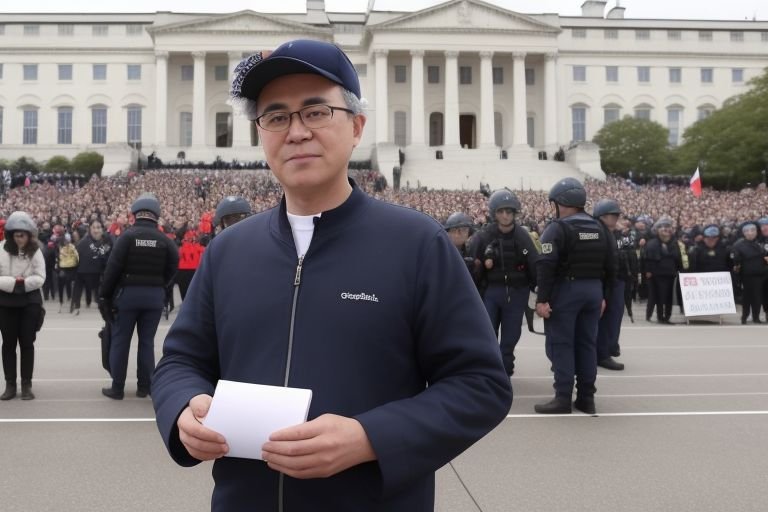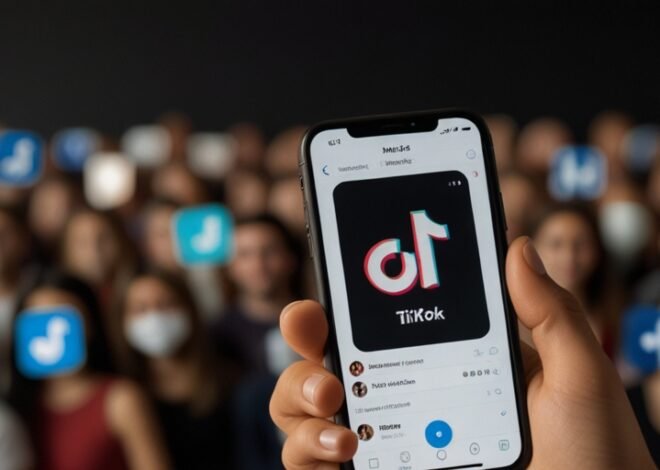
Social Media Comments Spark Debate On Free Speech And Platform Responsibility
As the core tenets of acceptable conduct shift in the United States of America at the speed of light, social media platforms find themselves back on the frontline of controversy over what concerns freedom of speech, moderations, and liabilities. Events of the past year have brought to the fore of this dilemma that these tech goliaths have to balance between freedom of speech and the control of hate speech.
The most recent trigger for this ongoing discussion came when a number of influential social media providers decided to tighten measures as to comments on these services. A couple of weeks ago, the social media giant that changed its name to Meta unveiled a new artificial intelligence model range with an aim at moderating dangerous or fake comments before they see the light of day. That has elicited different reactions from people; some applauded the company for being active in the fight against fake news and hate speech, while others insisted that it would amount to unnecessary restrictions.
Twitter before the management change of ownership to Elon Musk and the company is now known as X has also adopted completely different means. The site has scaled back some of its moderation practices in the context of the growing principles that Musk himself has referred to as the “free speech absolutism. Such a position has led to pressure from politicians and activists who are concerned over replication and proliferation of fake news and toxic content. The decision of the company to restore the previously blocked profiles has only topped it up with clouds of controversy, while some extend their support to the company stating it’s a victory of free speech some others are worried that the key influencer of division is back on the scene.
On their part, TikTok has recently been under a lot criticism over its usage of its users’ data alongside their approach to moderating content. The downloaded file sharing platform that belongs to ByteDance has been trying to nego*tiate issues raised by U.S officials with reference to security of the country and privacy of user information. There is data that the administration of TikTok is looking for new ways to regulate comments through artificial intelligence systems with the help of which it is planned to filter potentially dangerous or obscene material.
Such changes take place against the background of common attempts to introduce effective legal regulation of social networks. There are several proposed laws that are in the pipeline in congress include data protection, Anti- Social policy, and the Child Online Protection Act. Its introduction has given rise to concerns among lawmakers, leaders of the tech industry, and civil liberties activists who all have their peculiar views on how free speech can be distorted from being a virtue and a necessity to being a source of harm to users.
While the debate continues, the changes afloat are already problematic to social media users across the nation. Social media and other tech giants are again in the spotlight as more people wonder how much they should be allowed to control what users post online. Some users mentioned that they experience more opportunities to discuss the issues more pertinent, while others argue about the growth of extremism and fake news distribution.
The consequences of these developments are not limited and discussed throughout the topics of social media but concern more general liberal democratic values based upon freedom of speech and the presence of technology in the contemporary world. Digital ethicists and communicators are observing the events, and many have been urging content moderation, arguing that it requires better approaches that can account for interactions in the online ecosystem.
There remains work to be done as new changes persist, the fight of social media comments and contents regulation is ongoing. The problem is that as technology continues, and culture changes rapidly, there is no permanently perfect solution that can protect the rights of an individual and create secure and safe internet space at the same time. This means that as users, policymakers, and tech companies live in this grey area the future of social media and its contribution to the social fabric remains uncertain.


